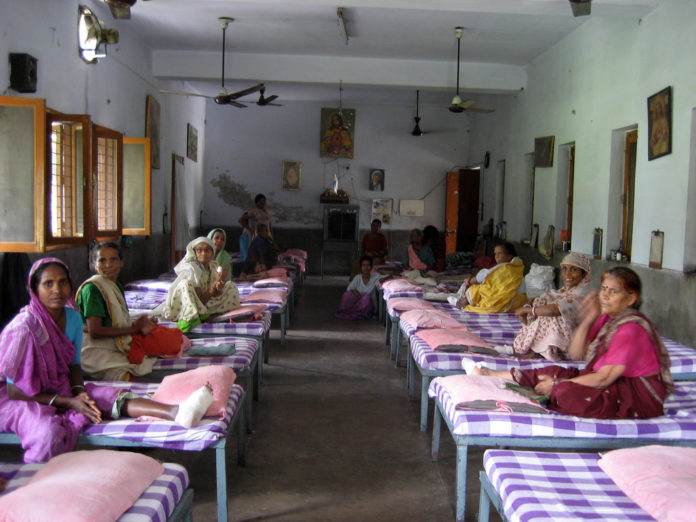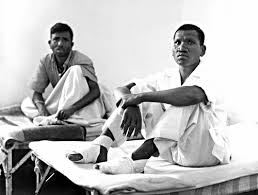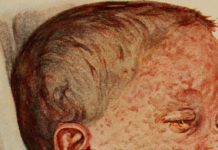
October 2, 2019 is the 150th birthday of the father of the nation. India has already pledged to be open defecation free by that date
India, finance minister Arun Jaitley had announced in his 2017 Budget speech, will eradicate (he used the word eliminate, but India already did that in 2005) leprosy by 2018. Four months into 2018 and with the 2017-18 leprosy figures in, it now almost seems inevitable that India will miss that deadline.
The new deadline could be October 2019 – the 150th anniversary of father of the nation Mahatma Gandhi who had worked extensively on removing the stigma associated with the highly contagious bacteria-borne disease. In 2017-18 India recorded 12532 new leprosy cases, just a few hundred less than the year before. The 2019 deadline was discussed on Tuesday in a review meeting chaired by health minister J P Nadda.

“Government has therefore prepared an action plan to eliminate Kala-Azar and Filariasis by 2017, Leprosy by 2018 and Measles by 2020.”
India has the largest numbers of leprosy patients in the world. Leprosy elimination is defined by WHO as a case rate of less than one per 100,000 population. Eradication means when a country has no new cases at all.
In his 2017 Budget speech, finance minister Arun Jaitley had said: “Government has therefore prepared an action plan to eliminate Kala-Azar and Filariasis by 2017, Leprosy by 2018 and Measles by 2020.” Officials in the health ministry though are not unduly worried about the high numbers – in fact they are, in a way satisfied that the active case detection undertaken over the last few years, has got the desired results. More the number of patients detected, more people get treatment and the transmission cycle is broken. The case numbers also mean that the programme is working on the ground.
During the review meeting, Nadda called for a comprehensive strategy for addressing incidence, prevalence and surveillance aspects to eliminate leprosy at the district level. He directed officials to take up new interventions in areas where the prevalence is high and mount aggressive IEC campaigns to enhance awareness on prevention and control of leprosy in the states, and to destigmatise leprosy.











